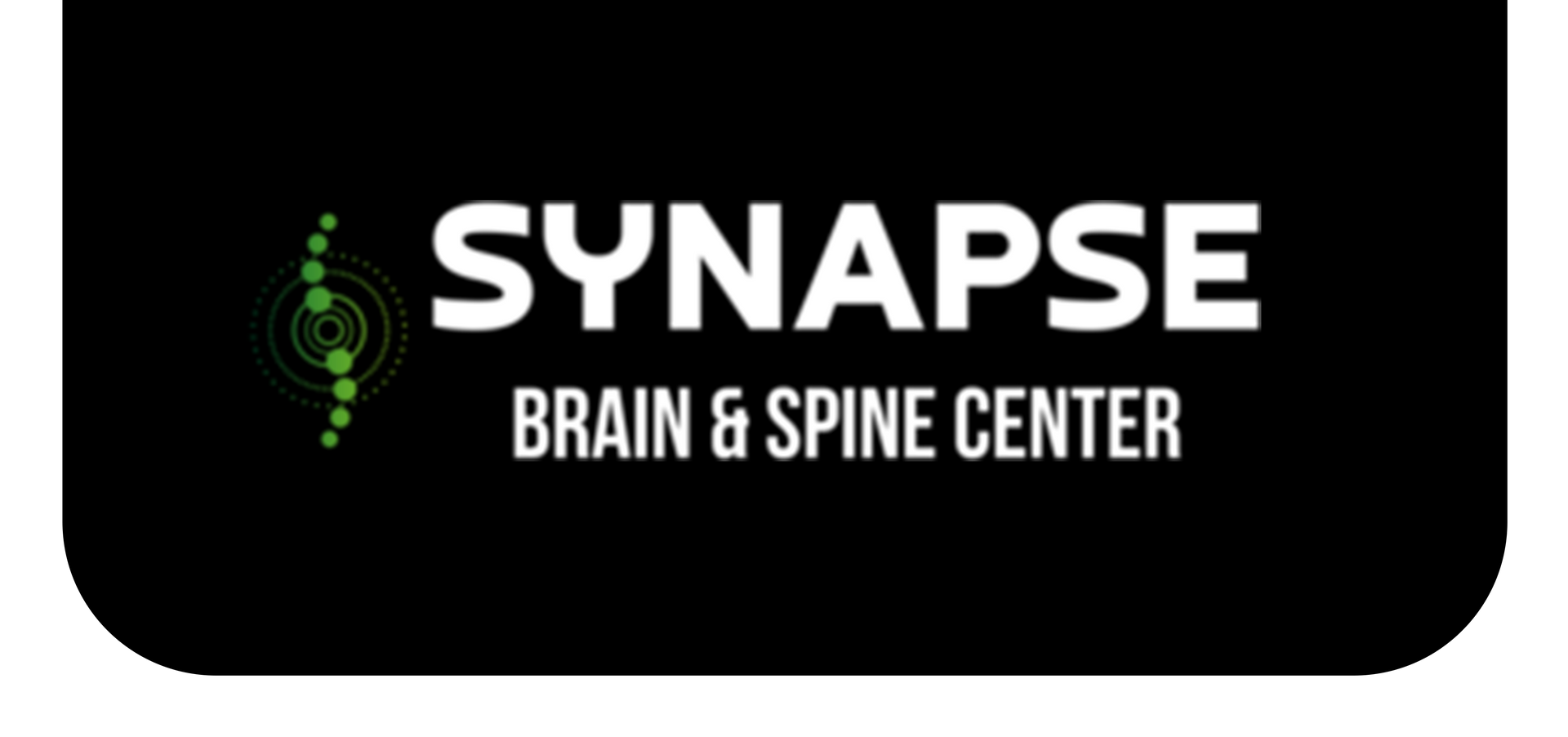Autism / ADHD / Learning Disorders
(Neurodevelopment Disorders)
Request Call Back
Autism, ADHD, and Learning Disorders (Neurodevelopmental Disorders)
At Synapse Brain & Spine Center, we specialize in helping individuals with Autism Spectrum Disorder (ASD), Attention Deficit Hyperactivity Disorder (ADHD), and other learning and developmental disorders improve brain function, behavior, and quality of life through advanced neurological diagnostics and non-invasive, drug-free therapies. Whether your child is struggling with focus, sensory processing, emotional regulation, or academic performance, our integrative approach targets the root neurological imbalances to support lasting change.
Understanding Neurodevelopmental Disorders
Conditions such as Autism, ADHD, and specific learning disorders (e.g., dyslexia, processing disorders) are associated with neurological dysregulation affecting attention, learning, sensory processing, and social interaction. These disorders often involve imbalanced brainwave activity, poor communication between brain regions, and delays in neural development or connectivity.
Our goal is to identify individualized brain function patterns and use evidence-based therapies to support neuroplasticity, optimize brainwave function, and improve everyday functioning—without relying solely on medications.
Recommended Diagnostics for Neurodevelopmental Disorders
We use a comprehensive, brain-focused evaluation to uncover how your child’s brain functions and guide a personalized therapy plan tailored to their unique needs.
1. Thorough Consult
We begin with an in-depth consultation to review developmental history, behavior, academic challenges, and functional concerns. This helps us understand your child’s specific needs and goals.
2. QEEG Brain Mapping (Quantitative EEG)
QEEG is a non-invasive brain scan that records brainwave activity and compares it to a normative database, revealing patterns often seen in neurodevelopmental disorders, such as:
- Excess slow-wave activity (common in ADHD)
- Imbalances between hemispheres
- Dysregulated patterns linked to sensory issues or emotional dysregulation
Why it matters:
QEEG allows us to pinpoint areas of brain under- or over-activation, which guides individualized neurofeedback therapy to improve attention, behavior, and self-regulation.
3. Neurocognitive Assessment
We perform age-appropriate tests to assess:
- Attention span and impulse control
- Working memory and processing speed
- Executive function (planning, organizing, problem-solving)
- Academic skills (optional)
Why it matters:
Objective cognitive testing helps identify specific areas of difficulty and measure progress during therapy.
4. Vestibular and Sensory-Motor Assessments
Children with neurodevelopmental disorders often have delays or dysfunction in:
- Balance and coordination
- Visual tracking and eye movement control
- Primitive reflex integration
Why it matters:
Identifying vestibular or motor delays allows us to include sensory integration therapy and primitive reflex exercises, which support brain maturation and self-regulation.
5. Neurological / Orthopedic Examination
We assess:
- Muscle tone, posture, and movement patterns
- Reflexes and sensory responses
- Spine and joint function
Why it matters:
Motor system imbalances can affect brain development and attention. Chiropractic care and physical therapies may be recommended to support optimal nervous system function.
6. Optional Metabolic and Nutritional Lab Testing
We may evaluate for:
- Nutrient deficiencies (e.g., B vitamins, omega-3s)
- Inflammation or oxidative stress markers
- Methylation or detoxification imbalances
Why it matters:
Many children with ASD or ADHD have underlying metabolic challenges that affect brain function. Addressing these can enhance outcomes from neurological therapies.
Recommended Treatment for Autism, ADHD, and Learning Disorders
Our multidisciplinary treatment approach supports brain development, behavior, and learning with natural, brain-based therapies that are tailored to your child’s unique neurological needs.
1. QEEG-Guided Neurofeedback Therapy
This non-invasive brain training helps improve brainwave regulation using real-time feedback during interactive sessions.
How it helps:
- Increases attention span and reduces distractibility
- Supports emotional regulation and reduces meltdowns or anxiety
- Improves sleep and self-control
- Enhances academic performance and confidence
2. Transcranial Photobiomodulation (TPBM / Brain Laser Therapy)
Red and near-infrared light is applied to the scalp to support cellular energy and brain communication.
How it helps:
- Improves brain connectivity and processing speed
- Reduces inflammation in the brain
- Enhances focus, mood, and cognitive flexibility
- Supports neurodevelopment in ASD and ADHD
3. Sensory Integration & Primitive Reflex Therapy
Exercises and activities designed to help the brain process sensory input effectively and integrate early reflexes.
How it helps:
- Reduces sensory overload and improves self-regulation
- Supports coordination and motor planning
- Enhances the ability to focus and remain calm in stimulating environments
4. Neurocognitive and Academic Therapy
Targeted cognitive and learning exercises to improve:
- Working memory and executive function
- Visual and auditory processing
- Reading, writing, and math skills
How it helps:
- Promotes stronger learning abilities and academic success.
5. Extracorporeal Magnetotransduction Therapy (EMTT)
A non-invasive therapy that stimulates brain metabolism and cellular activity through pulsed magnetic fields.
How it helps:
- Enhances brain cell energy production
- May support calmness, focus, and brain development
- Safe and painless adjunct for children with neurodevelopmental challenges
6. Chiropractic Care for Neurological Function
Gentle adjustments improve spine alignment and nerve communication.
How it helps:
- Supports brain-body communication
- Reduces muscle tension and improves posture
- May enhance attention, behavior, and sensory processing
Your Child’s Brain Health Journey Starts Here
At Synapse Brain & Spine Center, we are committed to helping children with Autism, ADHD, and learning challenges reach their full potential through personalized, neuroscience-based care. Our drug-free therapies are safe, effective, and designed to support the whole child—brain, body, and behavior.
👉
Schedule a consultation today and take the first step toward unlocking your child’s potential.


Share On: